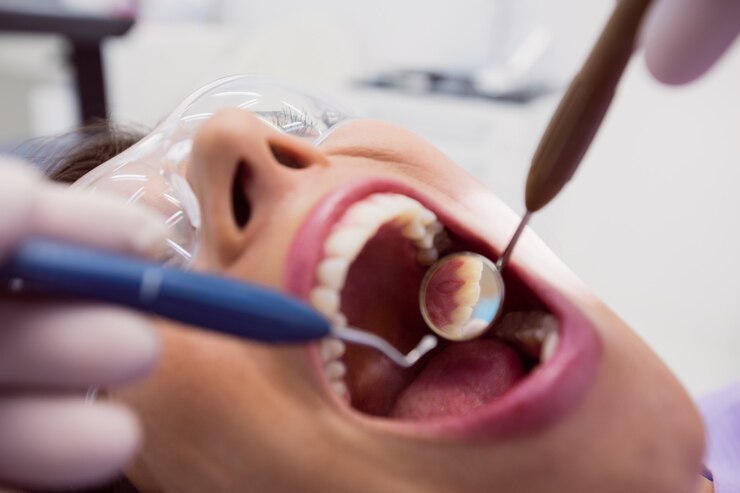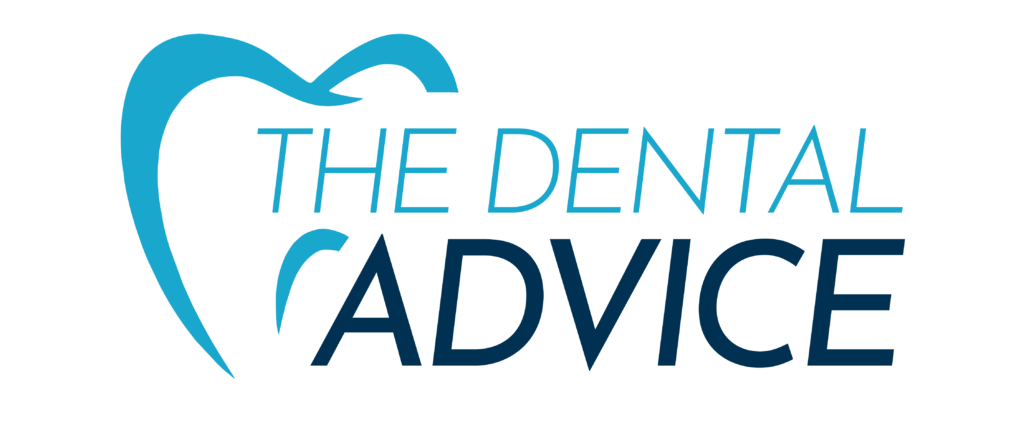When you undergo a tooth extraction, proper post-operative care is crucial for a smooth recovery. Whether you’ve had a wisdom tooth removed or a damaged tooth extracted due to decay or injury, following the right advice is essential to minimize pain, prevent complications, and promote healing. In this guide, we’ll delve into the top advice after tooth extraction to aid in your recovery process.
Understanding Tooth Extraction

Tooth extraction is a dental procedure performed by a dentist or oral surgeon to remove a tooth from its socket in the bone. The reasons for extraction can vary, including severe decay, infection, crowding, or damage that is beyond repair. Wisdom teeth, also known as third molars, often require extraction due to impaction or inadequate space in the jaw.
Immediate Post-Extraction Care
1. Follow Post-Operative Instructions: Your dentist will provide specific instructions to follow after the extraction. Adhering strictly to these guidelines regarding medication, rest, and oral hygiene is crucial for optimal healing.
2. Control Bleeding: Bite down gently on the gauze pad placed by your dentist to control bleeding. Change the gauze as instructed and avoid disturbing the extraction site to prevent re-bleeding.
3. Manage Swelling: Apply an ice pack or cold compress on the outside of your cheek near the extraction site for the first 24 hours to minimize swelling and discomfort.
4. Take Prescribed Medications: If your dentist prescribes painkillers or antibiotics, take them as directed to manage pain and prevent infection. Over-the-counter pain relievers can also help, but consult your dentist before taking any new medications.
Oral Hygiene and Diet
1. Careful Oral Hygiene: Maintain oral hygiene but avoid brushing the extraction site for the initial 24 hours. Afterward, gently rinse with a saltwater solution multiple times a day to keep the area clean.
2. Soft Diet: Stick to a soft diet for a few days post-extraction. Opt for foods like yogurt, mashed potatoes, smoothies, and soups that don’t require much chewing. Avoid hot or spicy foods that may irritate the extraction site.
Avoiding Complications
1. Avoid Smoking and Alcohol: Refrain from smoking and consuming alcohol during the initial days after extraction. These can interfere with the healing process and increase the risk of complications.
2. Limit Physical Activity: Engage in minimal physical activity for the first few days to reduce the risk of bleeding or dislodging the blood clot forming in the extraction site.
3. Watch for Signs of Complications: Keep an eye out for signs of infection, such as severe pain, fever, swelling, or discharge from the extraction site. Contact your dentist immediately if you notice any unusual symptoms.
Long-Term Care and Follow-Up

1. Rest and Recovery: Allow your body sufficient time to rest and recover. Avoid strenuous activities that may delay the healing process.
2. Follow-up appointment: Attend your follow-up appointment with your dentist. They will assess your healing progress and provide further guidance if needed.
3. Patience is Key: Remember that complete healing after tooth extraction can take several days to weeks. Patience and adherence to post-operative care instructions are essential for a successful recovery.
Conclusion
A tooth extraction is a common dental procedure, and proper care after the extraction is vital for a smooth recovery. Following the advice provided by your dentist, maintaining oral hygiene, watching your diet, and being mindful of potential complications are key elements in ensuring a successful recovery. By adhering to these guidelines, you can minimize discomfort, reduce the risk of complications, and pave the way for optimal healing after a tooth extraction.
Remember, the advice provided here is general. Always consult your dentist or oral surgeon for personalized guidance and care tailored to your specific situation. Your dentist’s instructions supersede any general advice provided in this guide.
Taking care of yourself after a tooth extraction is crucial. With the right post-operative care, you’ll be on the road to a speedy recovery and improved oral health in no time.
Additional:
- What Are Tooth Veneers?
- What Are Some Best Home Remedies For Toothache?
- Today Dental News Upcare Dental And Medical Clinics


